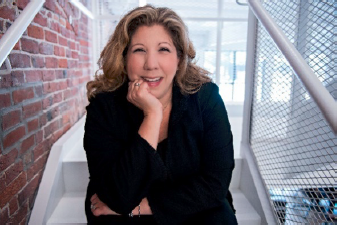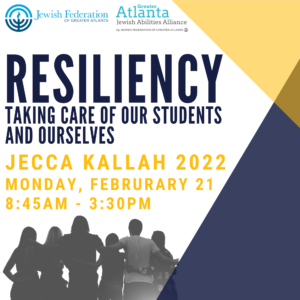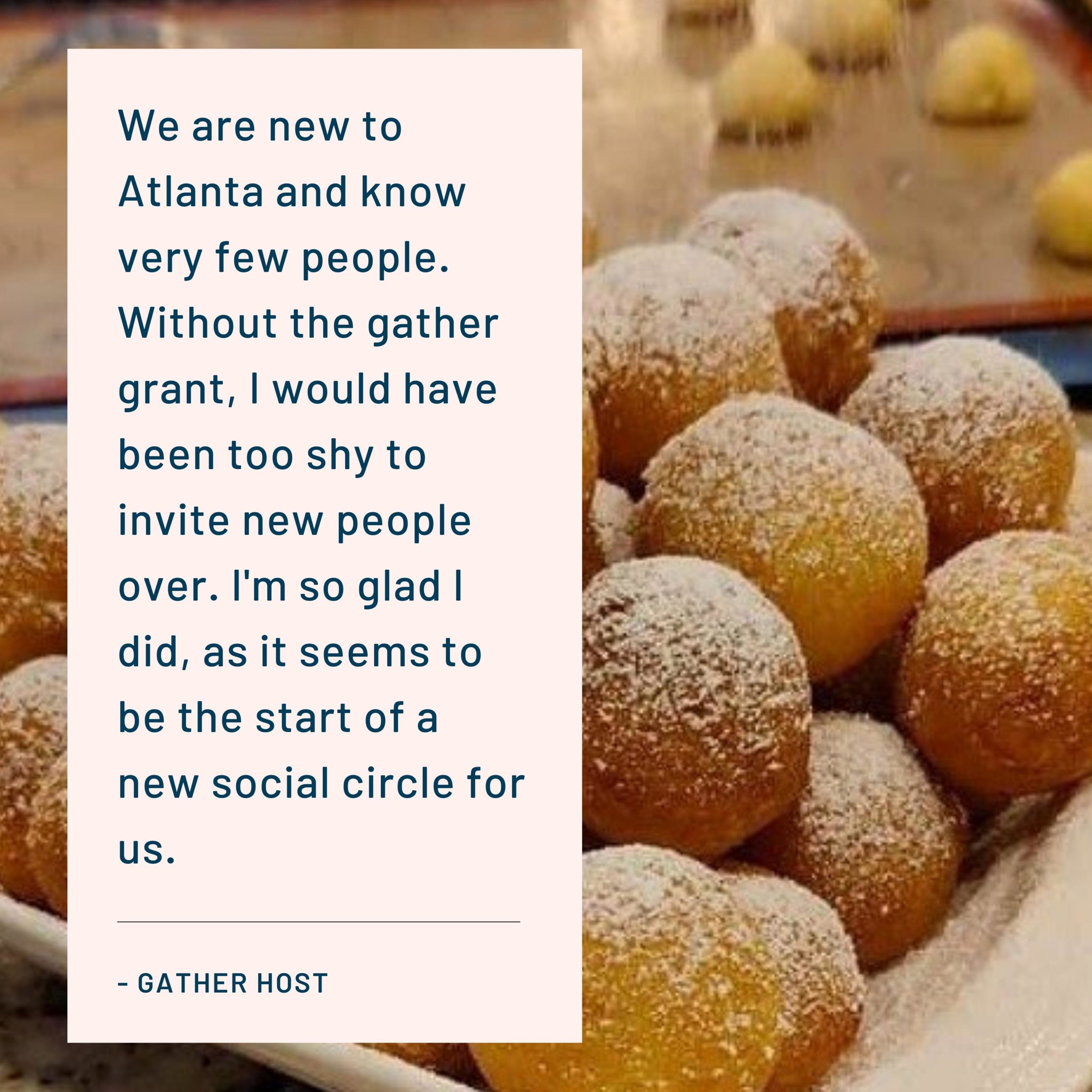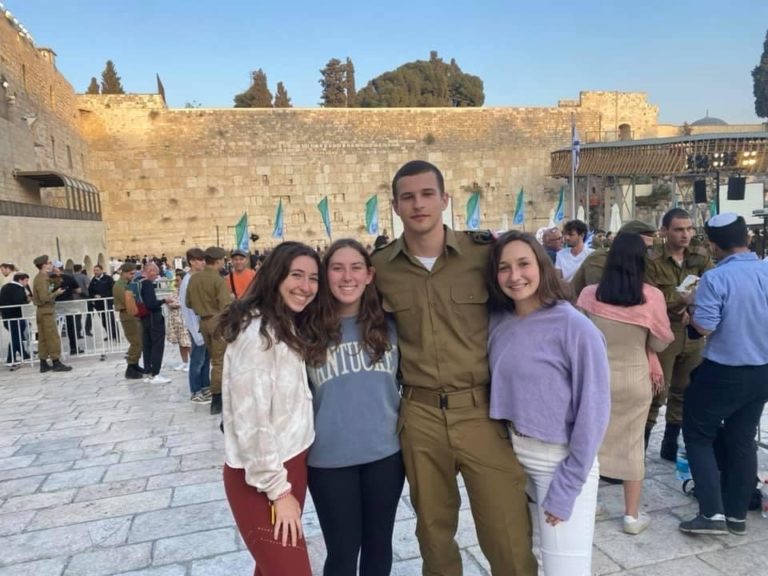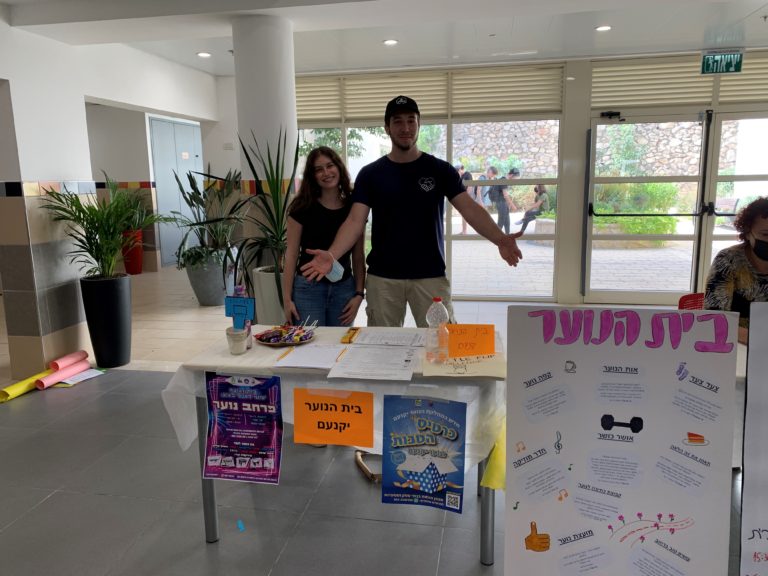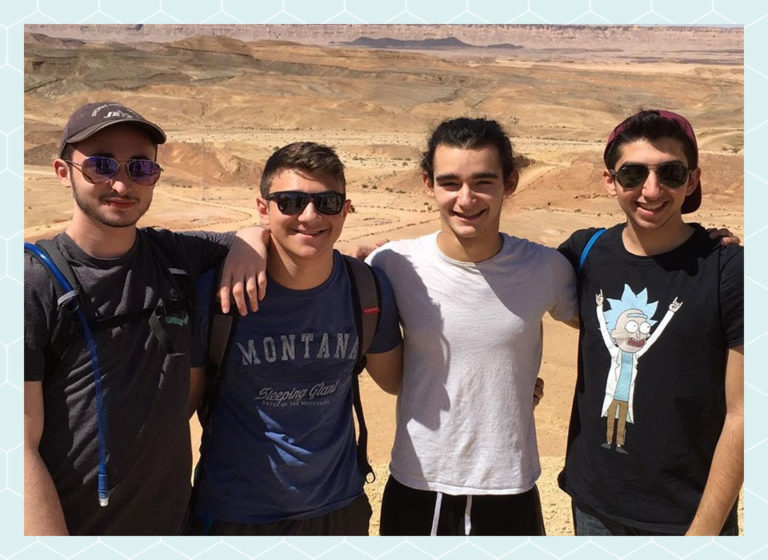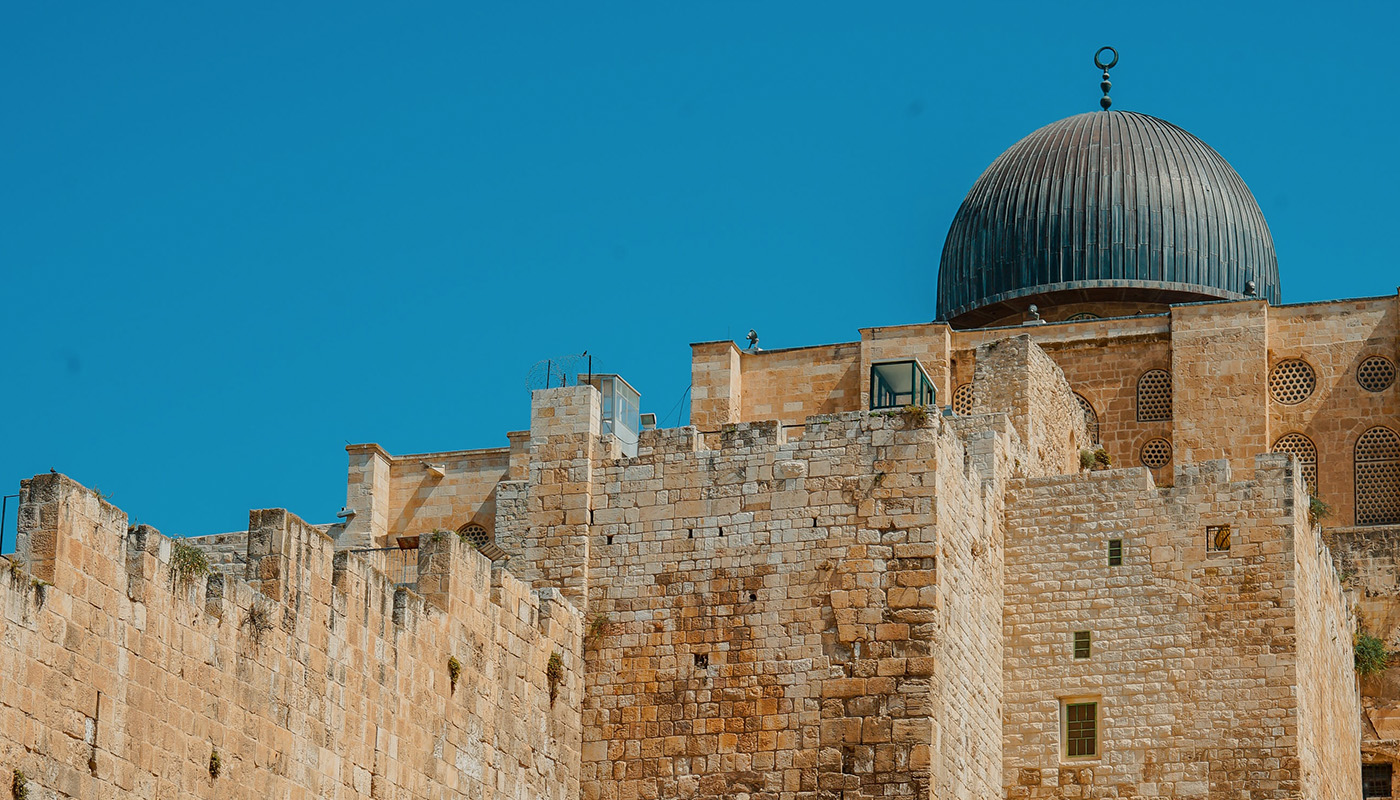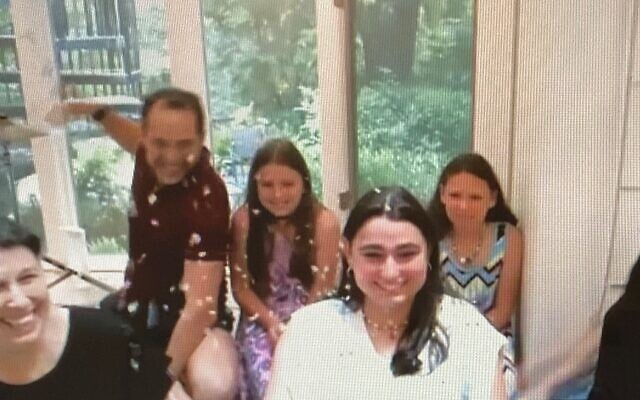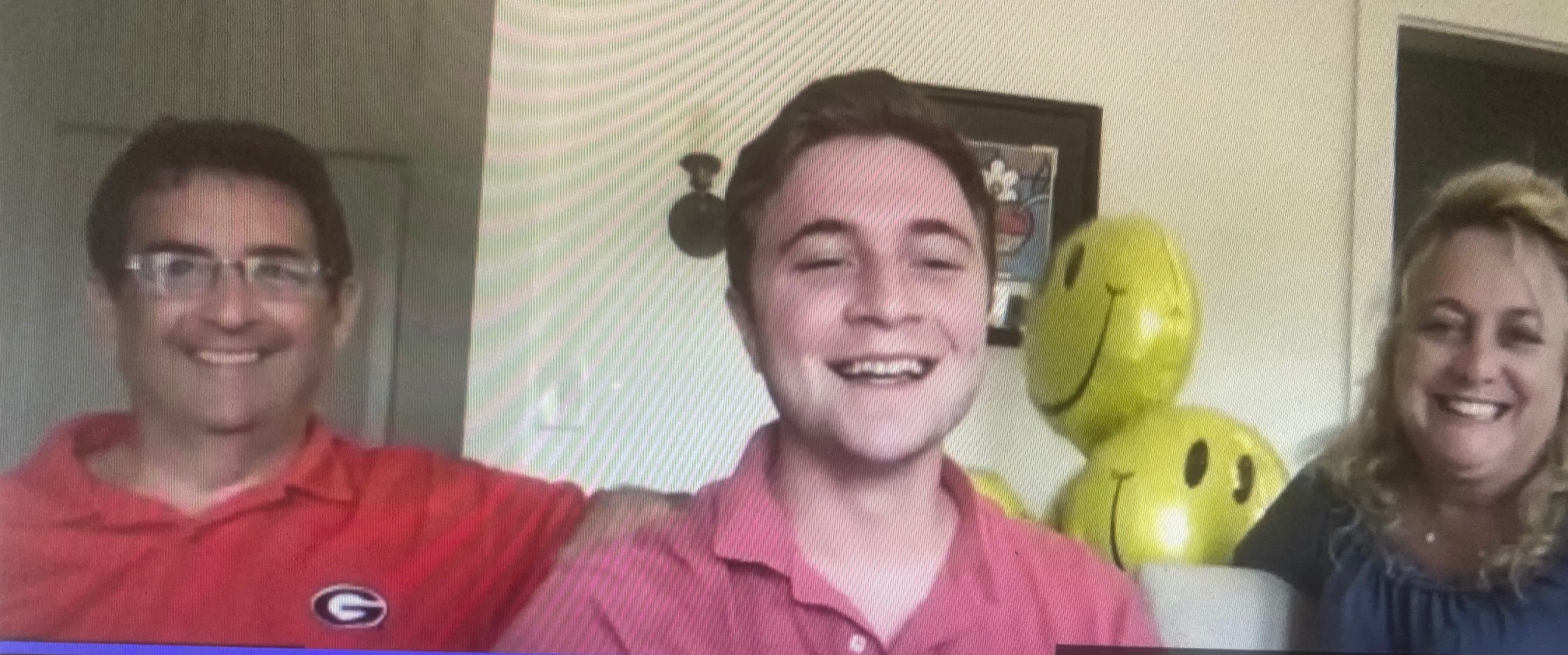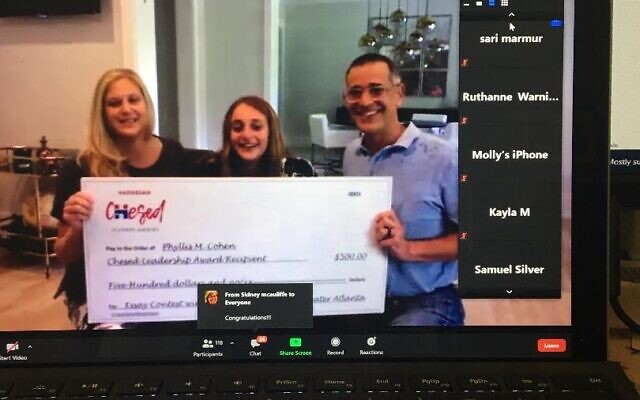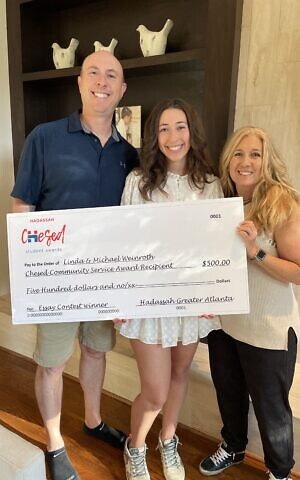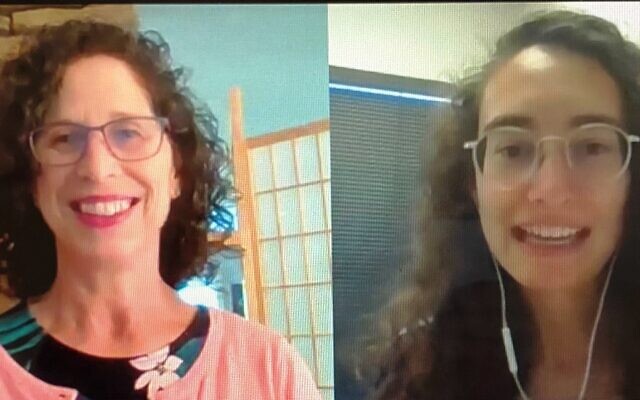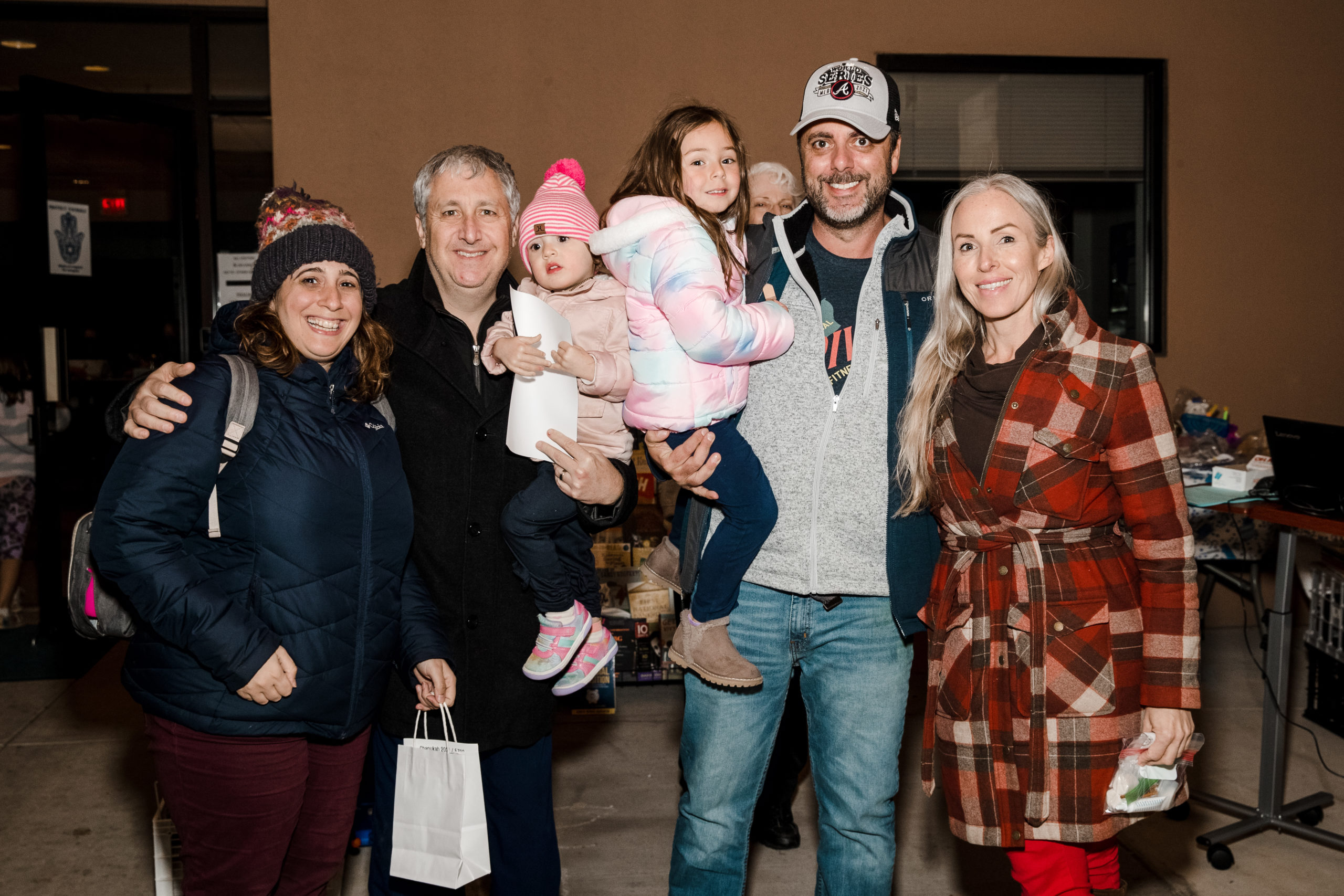![]()
When I got to the start of my senior year and the overwhelming question of “what are you doing next year?” became the subject of every conversation between peers, parents, and teachers, something inside of me clicked. I knew that I needed a year before college to better prepare myself, grow, and breathe after a long four years of high school. I began telling everyone that I was taking a gap year, with little idea of where to even begin planning. My friends looked at me like I was crazy, and my parents trusted that I would figure it out on my own. I had minimal support, knowing no one who had taken or was planning on taking a gap year. Little by little, however, I began taking steps towards preparing myself for my gap year, and I haven’t regretted it since. These were some of the steps I took over the course of my senior year, that would be helpful to anyone else thinking of a gap year:
Get a Job & Save Money
My first week of senior year, I got a job working at a sushi restaurant. I began putting aside money every week from my job, and slowly saving my way to a financial goal that I set for myself. I was really careful about spending money, and would remind myself: “I can either buy this top/makeup/whatever else I really didn’t need or spend an extra day in Tel Aviv.” Slowly, those decisions began adding up and I was able to put away more and more money. I also recommend working in the restaurant industry. It’s hard work, but it’s fast money, eye opening, and you’ll learn skills you can use on your gap year.
Defer Admission
I, like many other seniors, applied to college during the fall of my senior year. I was confused about the deferral process, and worried that it would impact my college admissions. Thankfully, I had nothing to be worried about. All of the colleges I applied to had a very similar deferral process (and I applied to 17 schools). I think it would be much harder to find a school that would not let you take a gap year, than one that would. After I paid my deposit for Georgia Tech (go yellow jackets!), I submitted a deferral request and wrote a paragraph about my gap year plans. Two weeks later, I was approved. It was by far the easiest and least stressful thing I’ve done regarding college admissions.
In terms of financial aid, most merit scholarships from your university will defer with your admissions. However, in the case of many outside scholarships, it is not always possible to defer. I would suggest looking into any scholarship that you are interested in, and double checking that it is deferrable. You’ll also have to reapply for need based aid through FAFSA, but that is something you have to do every year in college, regardless of whether or not you’re taking a gap year.
Every college and scholarship is different, so double check that taking a gap year works with the plan that you choose for future education. However, while it is not the most traditional path, you are not the first student at your university to take a gap year, so your college has a process set up for this.
Do Research
I’m the kind of person who loves to prepare ahead of time, but I knew I wanted my gap year to be different. I didn’t want to have everything planned out, so I could “go with the flow” as often as possible. However, I also wanted to prepare myself and go into the year with as much knowledge as I could find. I knew that I wanted to backpack in Europe, but I had no idea where in Europe I wanted to go. I began researching and educating myself as much as I could about different countries in Europe, which made me feel confident and less worried about solo backpacking. And the more research I did, the more opportunities I found. My plans changed and changed as I found more resources, and I feel lucky that I had my whole senior year to explore what I wanted to do.
Reach out to Friends & Family
Because taking a gap year isn’t the most traditional path, it’s a good idea to begin warming up your family and friends to the idea as early as possible. I was lucky enough to have supportive parents from the get-go, but I know this isn’t the case with everyone. Even so, my parents needed time to adjust to the idea of me traveling on my own. Instead of springing it on them last minute, I began introducing the idea of a gap year back in August. My community was very supportive, and gave me the motivation and validation that I needed in order to pursue a gap year.
Daydream
For me, the idea of a gap year meant a year with no commitments, no concrete plans, and (not to be cliche) endless opportunities. The best thing I did over the course of my senior year was daydream about what my gap year could be. Envisioning my gap year got me through the college application process, senioritis, and every other challenge I had this past year. While I heard my peers complain about how exhausted they were from school and how they couldn’t believe that college was going to be four more years of work, I saw myself walking through historic cities and working on a farm in Israel. I understood that my gap year would allow me to experience so much of life that I have dreamed about, and this both fueled my excitement for my gap year and pushed me through my senior year. If there is only one thing you take away from this guide, I would hope that it would be to dream about all of the adventures that are out there during a gap year.


